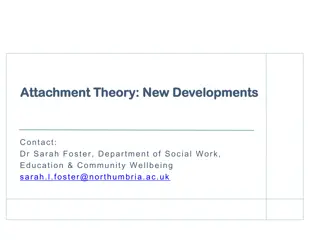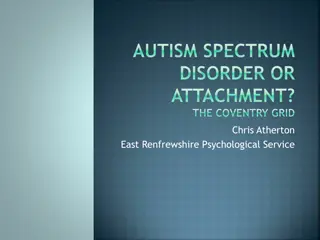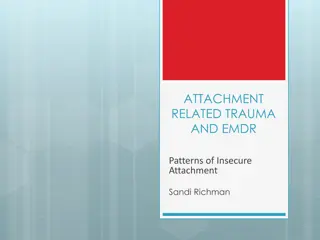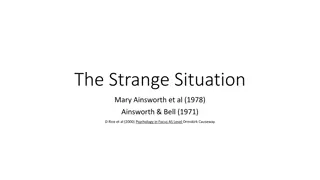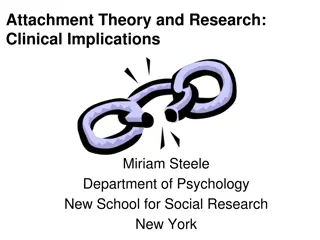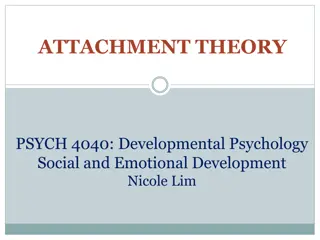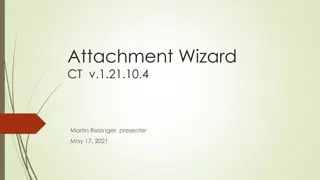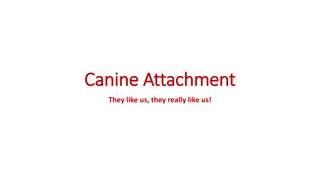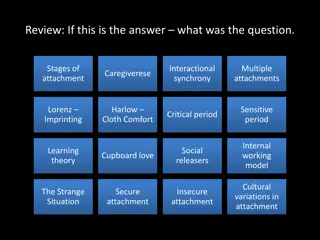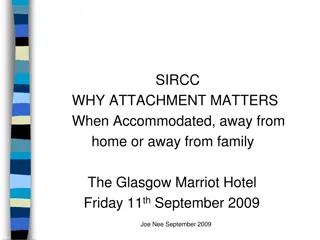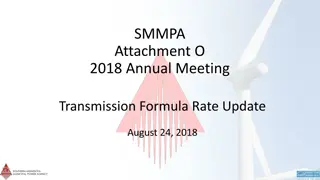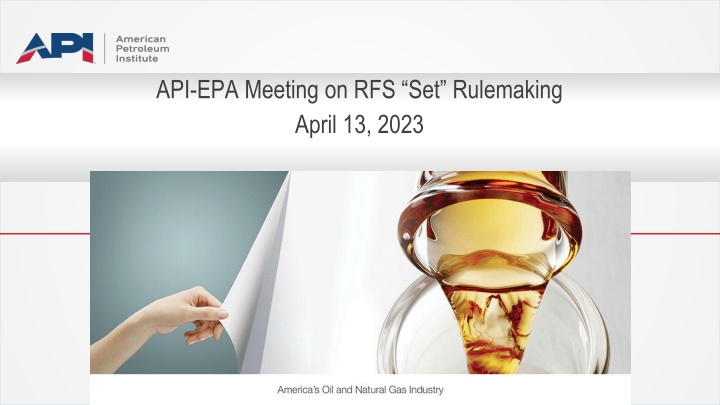
EPA Meeting on RFS Set Rulemaking - Biogas Reform and SFW/UCO Recordkeeping
Explore the details of the EPA meeting on RFS set rulemaking, focusing on topics like biogas reform, UCO/SFW recordkeeping, and definitions of renewable biomass. The discussion includes proposed regulatory changes, implementation dates, and suggestions for efficient management of RINs.
Download Presentation

Please find below an Image/Link to download the presentation.
The content on the website is provided AS IS for your information and personal use only. It may not be sold, licensed, or shared on other websites without obtaining consent from the author. If you encounter any issues during the download, it is possible that the publisher has removed the file from their server.
You are allowed to download the files provided on this website for personal or commercial use, subject to the condition that they are used lawfully. All files are the property of their respective owners.
The content on the website is provided AS IS for your information and personal use only. It may not be sold, licensed, or shared on other websites without obtaining consent from the author.
E N D
Presentation Transcript
API-EPA Meeting on RFS Set Rulemaking April 13, 2023
Agenda Introductions Antitrust Reminder Discussion Topics: Biogas Reform UCO/SFW Recordkeeping Definition of Produced from renewable biomass Implementation 2
Biogas Reform API supports the proposed Subpart E provisions. We believe these could be a workable solution, with changes to allow for adequate leadtime and implementation flexibility. The Subpart E provisions should begin no earlier than January 1, 2025. RNG producers and separators should have the ability to delegate their accounting responsibilities (EMTS, and other administrative requirements) under the program Allowing another entity to manage RIN generation and separation on behalf of a regulated RNG entity is needed to reduce the burden on the many small RNG entities who do not have the personnel and/or expertise to manage RINs. The definitions of RNG producer and RNG RIN separator should be expanded to allow for RIN management delegation. 3
Biogas Reform (cont.) 80.2 Definitions. ***** RNG producer means any person who owns, leases, operates, controls, or supervises an RNG production facility. (1) Any person who supervises an RNG production facility may serve as a RIN generator on behalf of an RNG producer, provided that person meets all registration, recordkeeping, and other compliance requirements of this subpart E and of 40 CFR parts 80 and 1090 applicable to RNG producers. (2) [Reserved] ***** RNG RIN separator means any person registered to separate RINs for RNG under 80.140(d). (1) Any person who supervises an RNG production facility may serve as a RIN separator on behalf of an RNG RIN separator, provided that person meets all registration, recordkeeping, and other compliance requirements of this subpart E and of 40 CFR parts 80 and 1090 applicable to RNG RIN separators. (2) [Reserved] API recommends the following regulatory changes to the proposed Biogas Regulatory Reform provisions: 80.100 Scope and application. ***** (d) Implementation dates. (1) General. The provisions of this subpart E apply beginning January 1, 2024 2025, unless otherwise specified. Parties required to register under 80.145 may register with EPA beginning on the effective date of the final rule. ***** [NOTE: For the implementation date change, conforming edits should be made to required compliance deadlines throughout Subpart E; this is aligned with API s prior written comments regarding delayed implementation of the eRIN program.] 4
SFW/UCO Recordkeeping API recommends that EPA work within existing regulations to assure reasonable oversight of UCO and SFW used as a feedstock to produce advanced renewable fuel and in the generation of RINs. Specifically, API recommends short- and long-term solutions for the immediate timeframe covered by the rulemaking (2023 to 2025), and beyond (2026+). Short-term (2023 to 2025): Allow for a system of self-declarations by the UCO originator (i.e., restaurant), to include: 1. Restaurants/points of origin would sign a self-declaration that their product is made from renewable biomass and submit to the UCO collector that aggregates directly from the restaurants/points of origin. This UCO collector could be identified as the feedstock supplier for the purposes of separated food waste provisions. 2. The UCO collector would hold all self-declarations and write its own self-declaration to provide to a renewable fuel producer. 3. During annual attest, the auditor would confirm compliance with the UCO collector. Long-term (2026+): Consideration of options that move towards a technology-based solution and EPA could collaborate with industry and stakeholders to develop such an approach, which could include: 1. Suppliers may submit data and records to an independent third-party* database with restricted access (with EPA and RFS auditor access as needed). 2. EPA or third-party* development of a data warehouse into which suppliers would submit the required records and data, providing access to EPA and RFS auditors for validation and audit purposes. * - E.g., RFGSA 5
Definition of Produced from renewable biomass API does not support EPA s proposed definition of Produced from renewable biomass based on either the energy or mass originating from biomass. As proposed, we believe that there are unintended negative consequences that could impact the ability to develop new lower carbon-intensity fuels. A broad interpretation is needed to promote decarbonization of fuel whereas the proposed definition would require differentiation of energy within a fuel s molecule between qualified fuels and fossil fuels. API recommends changes to the proposed definition at 40 CFR 80.2, for example: Produced from renewable biomass means that the majority of the energy and/or mass used in, or in the production of, the finished fuel or biointermediate comes from renewable biomass. Additionally, for potential consideration in a future RFS action, further discussion is needed regarding equivalence values. 6
Implementation Given the extensive changes to the RFS program in the Set rule, and additional programmatic changes that may be considered in future RFS rulemakings, EPA should consider convening stakeholder implementation workshops. 7


